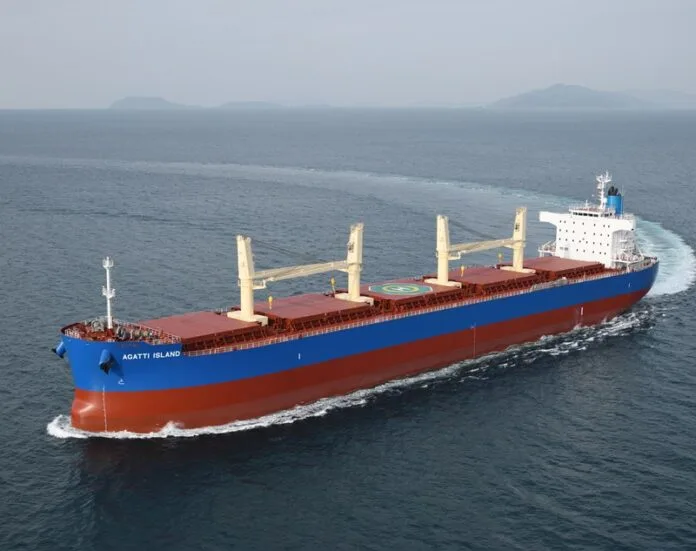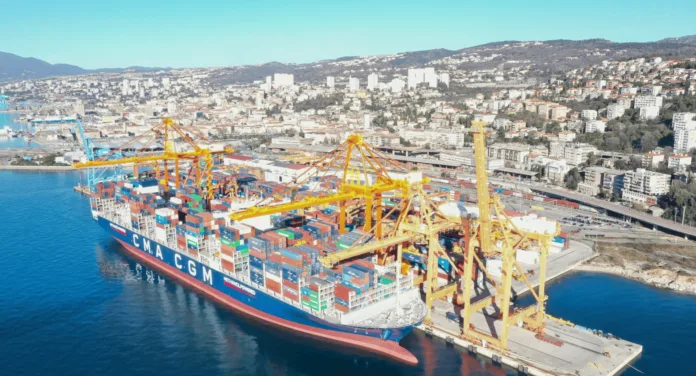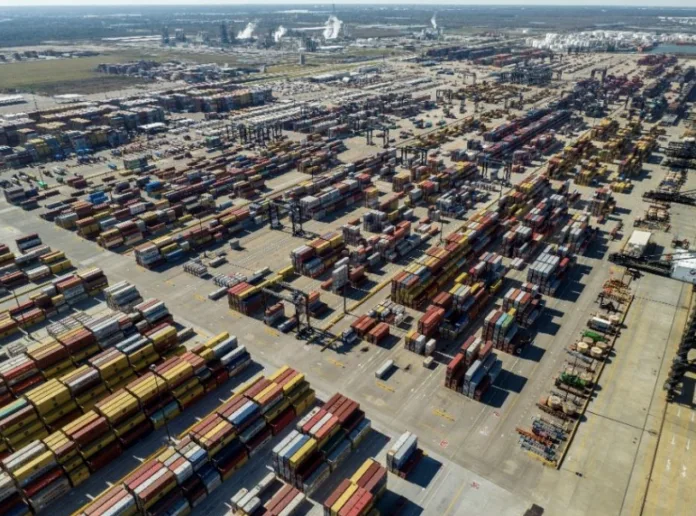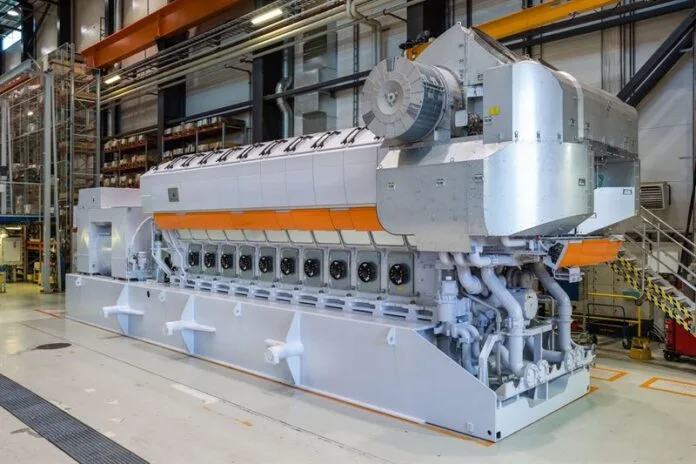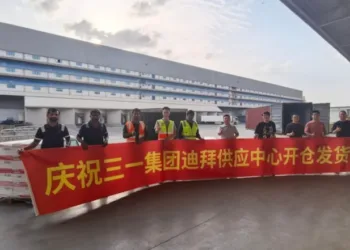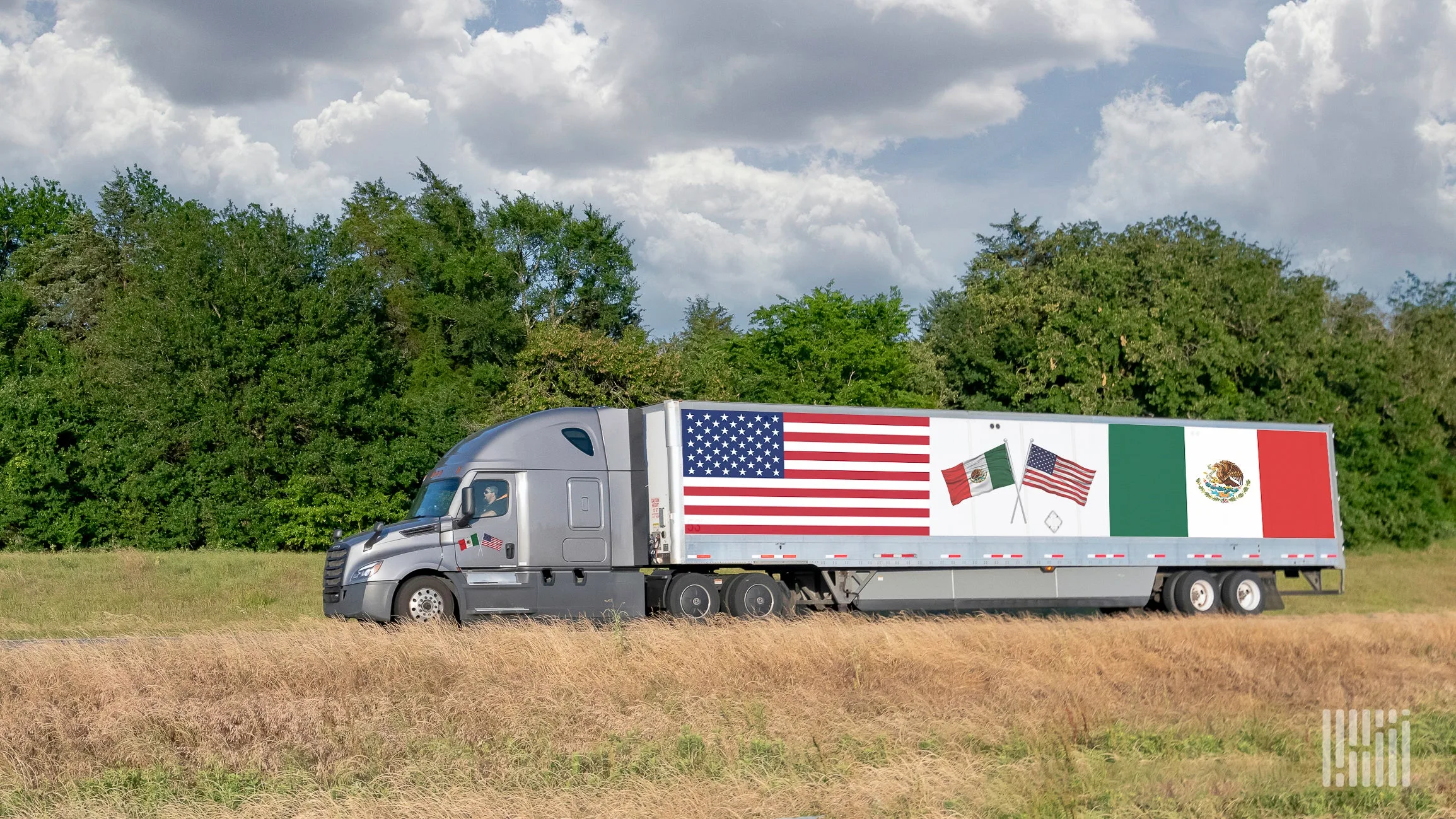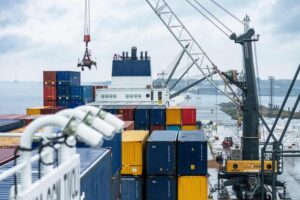
Increasing numbers of enterprises within the Port of Riga are implementing digital logistics technologies to improve cargo processing velocity and effectiveness.
SIA “Rīgas Universālais termināls” among the Port of Riga’s largest stevedoring operations, has deployed a proprietary digital platform for container carrier registration and automated terminal area management.
This platform represents a significant enhancement to RUT’s Terminal Operating System for container operations and advances the Port of Riga’s comprehensive digitization of access and cargo handling procedures.
Junfu Yang, Deputy CEO at RUT, stated that the organization’s goal is proactive preparation for transport and storage sector digitization to ensure alignment with emerging industry standards.
The digital platform was engineered to deliver terminal clients, container carriers, enhanced efficiency, speed, convenience, and security for visit scheduling, terminal access, and port service delivery, while digitalizing cargo documentation workflows.
Consequently, vehicle wait periods and queuing are minimized, resulting in accelerated vehicle processing and optimized transport planning for company clients.
This integration ensures simultaneous online container movement information access for all transport stakeholders shippers, carriers, shipping lines, and terminals. For terminals, this translates to substantially improved client communication efficiency.
The RUT truck registration platform integrates comprehensively with the Port of Riga’s digital access and pass infrastructure, operational since November of the previous year.
This framework enables port visitors and freight transport electronic visit registration with digital document submission and verification rather than paper-based processes.
Trucks now reach container handling areas from RUT terminal entrance in under 15 minutes on average.
Port of Riga’s digitized truck registration, pass, and document circulation systems not only accelerate cargo handling and enhance cargo security and monitoring capabilities, but also decrease vehicle downtime, terminal queues, and urban traffic congestion, while reducing exhaust emissions.
These systems will facilitate future digital traffic flow management solution implementation to eliminate congestion entirely, ensure seamless cargo transport operations, and enable urban traffic planning that minimizes freight transport’s adverse environmental impact on cities and surrounding regions.
The post Port of Riga companies accelerate adoption of digital logistics platforms appeared first on Container News.



